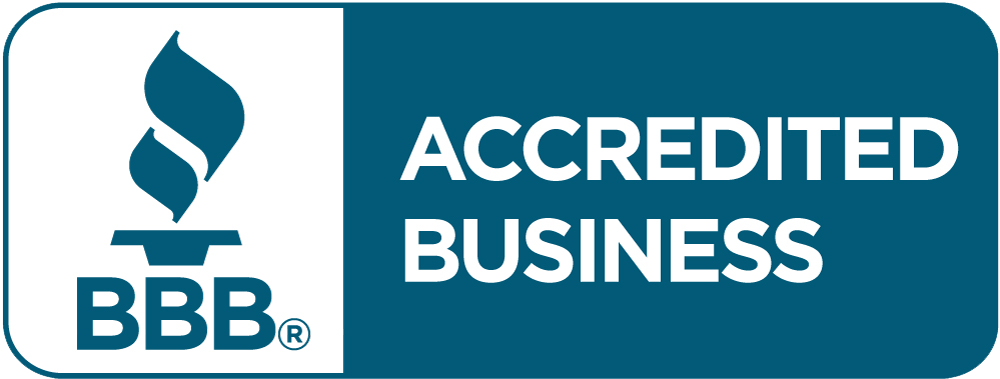Cybersecurity in healthcare is under siege once again. Recently, Microsoft raised concerns about a new ransomware strain known as "INC," which is now targeting the U.S. healthcare sector. This ransomware is attributed to the cybercriminal group "Vanilla Tempest," known for infiltrating organizations and deploying sophisticated ransomware to encrypt sensitive data, demanding ransom payments. Given that healthcare organizations manage vast amounts of sensitive patient information, a successful attack could have devastating consequences, from operational shutdowns to potential breaches of patient privacy.
Healthcare organizations, often already stretched thin, face the added pressure of protecting critical data while complying with the stringent Health Insurance Portability and Accountability Act (HIPAA). HIPAA mandates that healthcare providers safeguard patient information from unauthorized access, which means that any breach---especially one involving ransomware---could lead to legal and financial repercussions in addition to operational harm.
How INC Ransomware Operates
Vanilla Tempest, a notorious cybercriminal group, has been active since July 2022. Their methods involve leveraging tools such as GootLoader, a malware that disguises itself as legitimate software, and AnyDesk, a remote desktop tool. These tools enable the group to infiltrate an organization's network, move laterally, and eventually deploy ransomware like INC.
Once ransomware has infected a system, files become encrypted, making them inaccessible to the organization unless a ransom is paid. In some cases, hackers also threaten to release sensitive data, further compounding the damage. Healthcare organizations, in particular, are appealing targets due to the high value of their data and their reliance on uninterrupted operations. This dual threat---loss of data and risk to patient safety---makes paying the ransom an often irresistible option, even though it perpetuates the cycle of crime.
A disturbing trend in recent ransomware attacks is the use of cloud tools for data exfiltration. The INC ransomware campaign has been observed using compromised cloud accounts to exfiltrate data before encrypting local files, maximizing the attack's impact.
HIPAA Compliance: A Legal Obligation
For healthcare providers, HIPAA compliance is not just a best practice; it's a legal requirement. HIPAA is designed to ensure that patients' personal health information (PHI) remains confidential, with provisions for data encryption, secure access controls, and incident response plans. Non-compliance can result in substantial fines, reputation damage, and loss of patient trust.
Ransomware attacks like INC pose a direct threat to HIPAA compliance. Healthcare organizations must ensure that their security measures are robust enough to prevent unauthorized access to patient data. Failing to do so can lead to data breaches, which HIPAA classifies as reportable events. Organizations that fail to secure their systems can face significant penalties, especially if the breach is not promptly reported to the Department of Health and Human Services (HHS).
This makes proactive cybersecurity more critical than ever. The stakes are not just the ransom but also the risk of a regulatory investigation, lawsuits, and irreparable damage to a healthcare organization's reputation. Healthcare leaders need to understand that paying a ransom does not absolve them of their responsibility under HIPAA. Even after payment, they must still investigate the attack, notify affected patients, and report the breach to HHS.
Protecting Against Ransomware and Ensuring HIPAA Compliance
Healthcare providers can mitigate the risk of ransomware attacks like INC by implementing a multi-layered cybersecurity approach that includes:
- Data Encryption: Encrypting all patient data, both at rest and in transit, ensures that even if hackers gain access to the network, the data they steal is unreadable without the proper decryption keys.
- Access Controls: Limiting access to sensitive data on a need-to-know basis can significantly reduce the risk of a breach. Implement multi-factor authentication (MFA) for accessing critical systems to add an additional layer of protection.
- Regular Backups: Conducting regular backups of critical data ensures that even if systems are compromised, organizations can restore operations quickly without needing to pay the ransom.
- Employee Training: Many ransomware attacks begin with phishing emails or other social engineering tactics. Training staff to recognize and avoid these attacks is essential.
- Incident Response Plan: A well-rehearsed incident response plan can make all the difference in containing and mitigating the damage from a ransomware attack.
Let TotalBC Fortify Your Defenses
At TotalBC, we understand the importance of cybersecurity, especially for healthcare providers dealing with sensitive patient information. Our expert team is equipped to offer comprehensive solutions tailored to meet both your cybersecurity and HIPAA compliance needs. We provide:
- 24/7 Monitoring and Support: Our team ensures that your systems are constantly monitored, alerting you to suspicious activity before it can escalate into a full-blown breach.
- Backup Solutions: TotalBC offers regular backups, ensuring that your data remains secure and recoverable in case of an attack.
- HIPAA Compliance Assistance: We help you maintain full compliance with HIPAA regulations, providing risk assessments, compliance audits, and tailored security protocols.
- Employee Training Programs: TotalBC offers training modules designed to educate your staff on best practices for avoiding phishing and other forms of social engineering.
Healthcare providers are at the forefront of the ransomware battle, and TotalBC is here to help you stay secure, compliant, and confident in your cybersecurity defenses. Don't wait until an attack happens---contact TotalBC today at 866-673-8682 or schedule a consultation and see how we can safeguard your organization.
In the fight against ransomware, proactive steps are crucial, and with TotalBC by your side, you'll have peace of mind knowing your systems are protected. Let's work together to ensure your organization stays safe and compliant.



